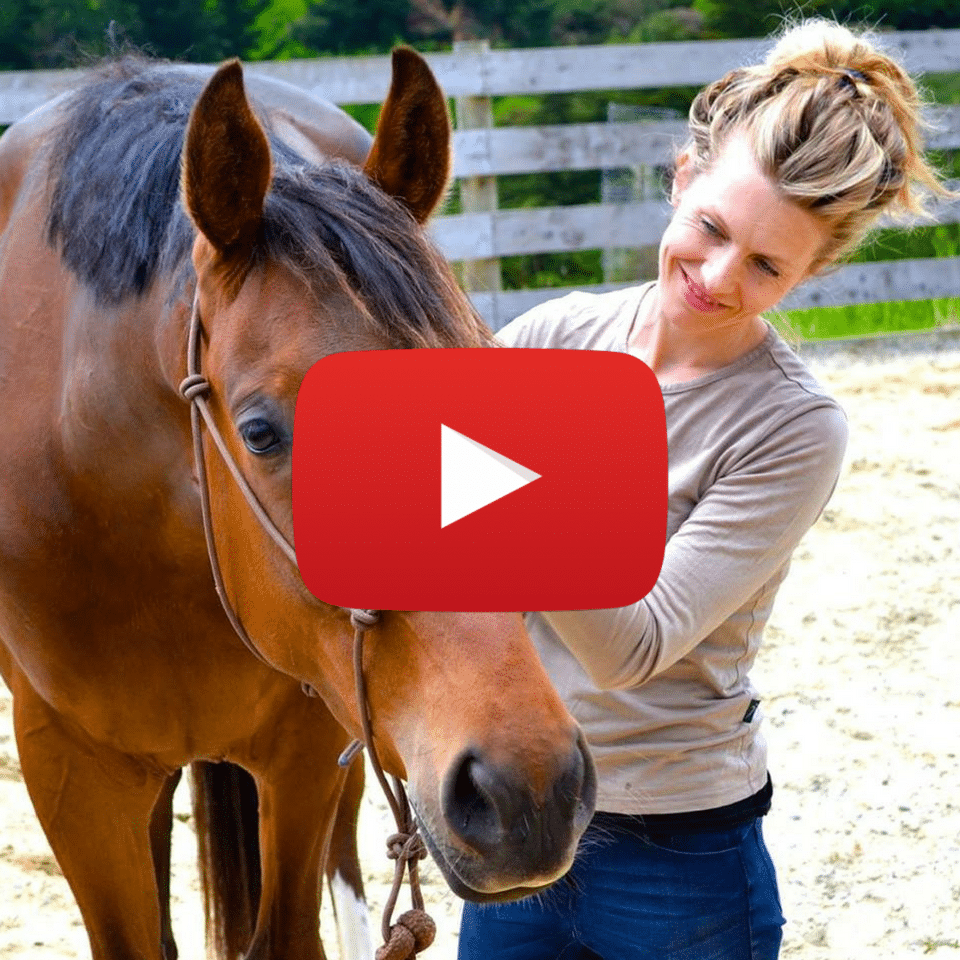The ol’ “too much of a good thing” comes into effect in so many ways, and often well outside the parameters that we expect. Take planning and goal setting for instance. One of the bonus points we received for being human was our ability to take present moment information and use it to make future decisions. This super-power is what allows us to be creative and strategic beings, as well as being a key element in our survival as a whole. But while planning is a very useful skill, sticking doggedly to a set plan can blinker us to the reality of our present moment and cause our unraveling in both minor and major ways.
Think of it this way: as we move through life, we are endlessly constructing mental models and maps that allow us to navigate our day-to-day with a sense of ease and certainty. They form a part of our unconscious programming, a way that the brain maximizes our efficiency. After all, we don’t want to have to be making the same decisions day in and day out when we can form our model and map and use that to draw our information from.
A plan is a form of a mental model (mental models incidentally are part of the function of our sympathetic nervous system, but more on that tomorrow); we have formulated the lay of the land in our mind’s eye and now we only need to take action to follow through.
And herein lies the hitch: This strategy works for as long as our mental model and reality coincide. When they don’t, we have a serious problem on our hands. That is when we try to match our mental model to our circumstances and ignore the signs and signals of things that are telling us to pay attention. We are no longer in the moment; we are instead seduced by the model in our minds.
Studies have shown that failures of survival by seriously experienced people faced with potentially life-threatening situations- lost in the wilderness for example- have come about through those same people supplanting a mental model on situations that the reality is out of sync with. We may not be in the same danger day to day with our horses, but it’s easy to get ourselves into a sticky spot by rigidly following a plan or ignoring what your horse is telling you because you have formed a fixed opinion about them and their range of behaviors. It’s this sort of complacency and lack of attention that leads to the “out of the blue” moments; accidents that come from following a plan that is out of sync with the moment.
Have your plan, but hold it loosely in your hands. Pay attention to what’s in front of you and have the information you gain from that inform where you take things from moment to moment.
Onwards.
❤️ Jane

